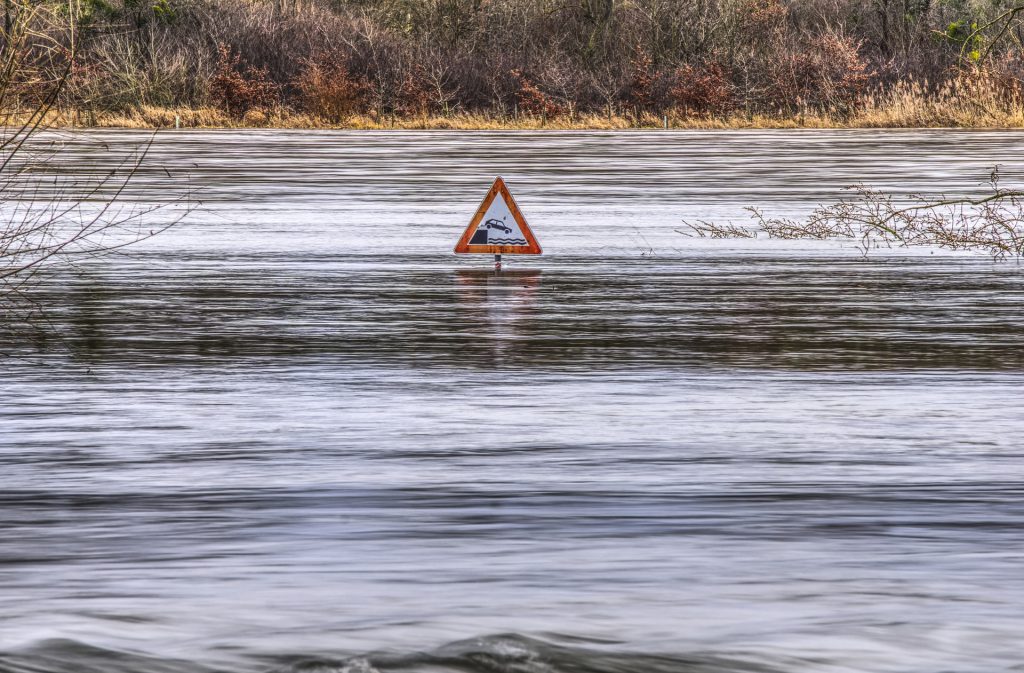
Image by Markus Distelrath from Pixabay
I think of myself as optimistic. I have invested a great deal of money in my mental health to arrive at this state. And I like it. I get out of bed with a certain enthusiasm. I still think I’ll write a novel worthy of publication. I’m comfortable with being wrong. I care about things. I like this enthusiasm. Hope, on the other hand, that I do not have. Optimism, as I define it, is rather narrow. It describes me as I interact with the world through time. Hope is more expansive. It describes the world as I interact with it through time.
I recently watched a Prime Time episode about a lake in Roscommon called Lake Funshinagh. If I wasn’t in the Green Party, I might have written; an episode about a community in Roscommon being devastated by floods. This is a weird lake. It often disappears. But over the last five years, it has been getting bigger. It is making several nearby homes and farms untenable. The County Council, utilising obsolete legislation, began works to alleviate this flooding. Friends of the Irish Environment (FIE) had those works stopped in the courts. The lake is designated as a Special Area of Conservation. To carry out works there requires extensive environmental impact assessments. The junior minister with responsibility for flood defences complained that he had one billion euro to spend, but wasn’t allowed to because those assessments and court actions took too long.
I joined the Green Party for no other reason than the realisation that our planet is racing towards a hitherto unprecedented cataclysm. I did not like joining the party. Its very existence is evidence that we will most likely, as a species, fail to head off this catastrophe. If an entire political party has to exist, just to point out the obvious and is often ignored, then we are in real trouble. Especially if that party is small and always teetering on the precipice of electoral oblivion.
Ireland is getting wetter. Rainfall has increased 6% over the last 30 years. Large swathes of coastal Ireland will be under water by 2030. And one of RTE’s flagship investigative television shows, chose to emphasise how awkward environmentalists are making it to save six homes. Politicians wrung their hands at the all-powerful environmental lobby preventing them from protecting their voters, I mean citizens. A junior minister couldn’t make sense of the idea of allowing rivers room. If one was to watch this programme in isolation one would have assumed that the climate crisis was an entirely inevitable phenomenon and all that we could do was protect what we have and ride out the disaster to come.
That is why I struggle with hope. The climate crisis is killing people. But out foreign. It is creating climate crisis refugees here, yet we refuse to recognise them as such. Tackling the crisis is portrayed as mere enthusiasm from outsiders. We wish to do the things that caused the beckoning disaster to protect us from that disaster. It is as inexplicable to me as a government minister with responsibility for flood protection not understanding the basics of river management. As inexplicable as blaming the mismanagement of a tragedy on busybodies rather than those charged with managing that wholly predictable tragedy.
A billion euro is touted as an impressive amount of money. It is a pittance when set against the great inundation that will sweep over every Irish city in mere years. No longer can we speak of decades to prepare. All that time to prepare was spent in denial, in obfuscation, deceit, and the winning of votes.
I’m from Lixnaw. An average-sized village in Kerry. In size and population, it dwarfs the community around Lake Funshinagh. In my lifetime it will disappear under water. Any attempt to save my community would be folly. It is already too late for that. Only two things matter now; limiting the rise in global temperatures to a worst-case scenario of 2 degrees Celsius and throwing our resources at the largest of our population centres.
I do not expect either expediency to be achieved or even thoroughly attempted. I have no expectation of politicians in Kerry, or even Ireland, making and imposing the fundamental changes in our ways of life that are required. The sacrifices to be made, the pain asked for and endured. I have no hope of us staving off or even meeting with clear eyes the disaster to come. I predict with great confidence that the next election will be fought in Kerry on two issues. The first will be resisting the recently signed Climate Action Bill. The second will be for the development of a liquified natural gas facility in the north of the county. Not surprisingly, to be built in an area that can also expect to be under water in my lifetime.
But come the next election I will knock on doors for our Green Party candidates. They will have no prospect of winning, but I will dedicate all the time I can to their campaign. And I will do so with enthusiasm. But there will be no hope.



